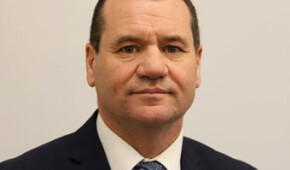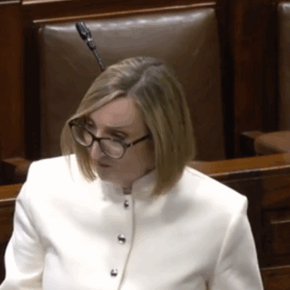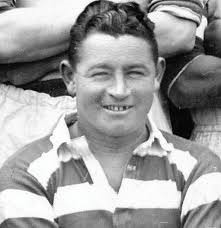Former special needs assistant avoids jail for selling cocaine as part of a ‘party lifestyle’
Padraig Conlon 27 Jul 2021
By Brion Hoban & Stephen Bourke
A former special needs assistant who sold cocaine as part of a “party lifestyle” has received a fully suspended sentence.
Kenneth Lynch (32) was caught in possession of more than €4,000 of cocaine and €10,000 in cash in the home he shared with his partner and children.
Lynch with an address at Moorefield Lawns, Clondalkin, pleaded guilty at Dublin Circuit Criminal Court to possession of cocaine for sale or supply at his address on August 23, 2018. He has 11 previous convictions for road traffic offences.
“He’s described as having lost his way in the aftermath of tragedy,” Judge Pauline Codd said while passing sentence yesterday.
“But these were his decisions to allow himself to get involved in this trade. The accused chose to bring these people into his life.”
“These are people with no mercy that are involved in the drug trade,” Judge Codd said.
“His own history of dabbling in drugs seems to be related to [how] he was supplying drugs in the circumstances of a party lifestyles,” she said. “It’s an unusual case and he seems to be an unusual character to get involved in this.”
Judge Codd sentenced Lynch to four years imprisonment, but suspended the sentence in its entirety for five years on strict conditions. She ordered that Lynch engage with the Probation Service for the two years and attend for regular urine testing.
“I’ll give this man one chance and one chance only – only because of the particular struggles in his life at the time,” she said.
“Thanks very much,” Lynch said.
“If I see the man before this court he’ll serve four years,” she added.
At a previous sentencing hearing, Detective Garda Jerome Toomey told Eoghan Cole BL, prosecuting, that on the date in question, Lynch was a target of surveillance and a search warrant was obtained for his house which he lived in with his partner and children.
Det Gda Toomey said gardaí stopped Lynch while he was out and asked him if there was anything illegal in his house. Lynch replied that there was a small quantity of cocaine and a sum of money in a safe.
Gardaí searched the house and discovered cocaine with a total value of €4,816. They also discovered €10,400 in cash in a safe in the accused’s bedroom.
In interview with gardaí, Lynch said he had paid €1,500 for the cocaine and his intention was to sell the drugs with the expectation of doubling his money. He said he was doing this for a year and a half prior to his arrest and was selling to “locals”.
Lynch told gardaí that the cash had come from some people who owed him money or had lent him money and some of it was “savings”. He said he would now owe people for the loss of the drugs, that he was in fear of these people and had been threatened by them before.
Det Gda Toomey agreed with Kevin White BL, defending, that his client admitted he had the drugs for the purpose of selling them. He agreed that confidential information received by gardaí had indicated that drugs were being stored at Lynch’s address.
Mr White said his client set up a route for delivering newspapers after leaving school. Counsel said Lynch later qualified as a special needs assistant and was working as such at the time of the offence.
Counsel said his client’s sister and her partner died and that their children rely on his client and his siblings for support.
Mr White said his client is deeply remorseful for what he has done and gave “greater information” to gardaí than what they believed. He said his client has never before asked the court for a second chance and was asking the court to give him one now.
Counsel said that an updated probation report showed his client was at a “moderate” risk of reoffending, but that he was engaging positively with the service and had been attending private drug treatment.
Mr White said that since the start of the proceedings against his client, Lynch had taken up a new trade in the automotive industry and had secured employment.











